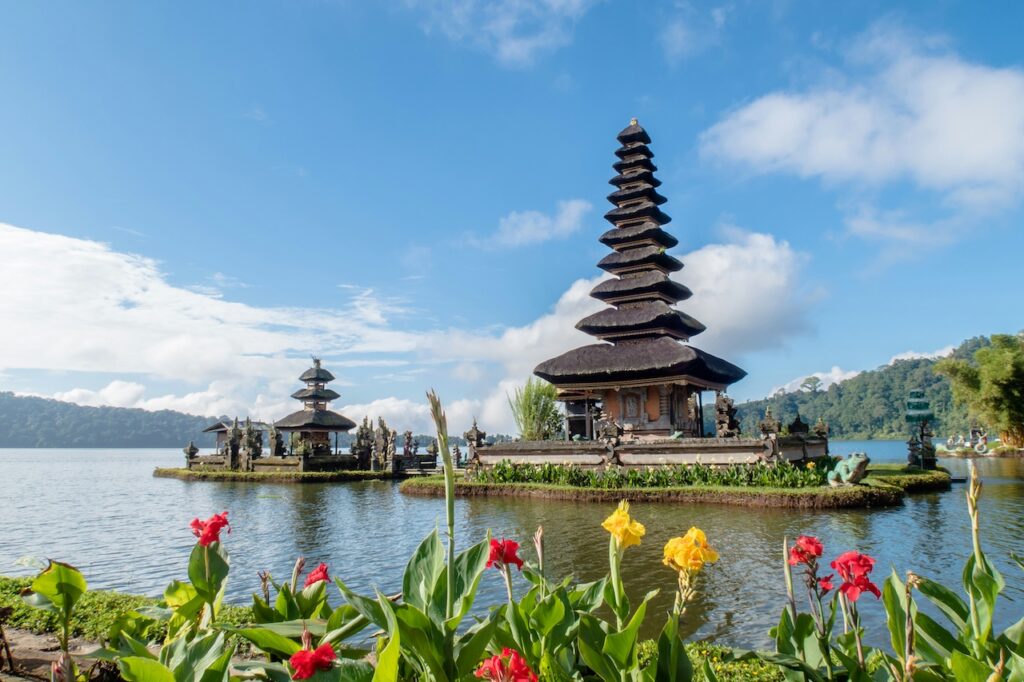

Indonesia is a vast archipelago spread over 17,000 islands. It has breathtaking landscapes, rich culture, and enchanting cities waiting for you to explore. From the pristine beaches of Bali to the lush jungles of Sumatra and the bustling streets of Jakarta, Indonesia has varied destinations to cater to different travelers.
Before heading off to Indonesia, it’s crucial to know the basics, from the travel essentials to must-see sights. On this guide, find out everything you need to know to make the most of your trip to this captivating country.

When preparing for your trip to Indonesia, check your passport’s validity. Your passport should remain valid for at least six months beyond your intended stay in the country. It must also have enough blank pages for immigration to put a stamp on. Without a valid passport, you will not be able to enter the country.
Besides the passport, you may also need a visa for entry into Indonesia. However, some nationalities can enter visa-free. Others can also avail of the Electronic Visa on Arrival (e-VOA) and Visa on Arrival, which means they can apply for the visa upon arriving in the country. Refer to Indonesia’s Directorate General of Immigration website to find out the visa that suits your purpose.


What is the best time to visit Indonesia?
The best time to visit Indonesia is during the dry season, from April to October. The dry season features warm and pleasant weather with minimal rainfall, allowing you to enjoy seasonal outdoor events and beach trips to the fullest. July and August are popular months due to school holidays. To avoid the crowds and enjoy great conditions, visit during the shoulder months of April, May, or September. But if it’s lush landscapes and fun festivals you’re after, the monsoon season would be an ideal time to visit, between November and March.
What is the best way to get around Indonesia?
There are various ways to navigate Indonesia’s different regions. Domestic flights are the best option for visiting the major islands of Bali, Java, and Sumatra. You can also use ferries to hop between islands. Taxis and ride-hailing apps like Grab are the ultimate way to travel short distances within the cities. While in Bali, a scooter is the most preferred mode to explore the island at your own pace. Public transport, such as buses or trains, is the best option for exploring, especially in the islands of Java. For comfort and flexibility, consider a rental car with a driver.
Is Indonesia safe for visitors?
Indonesia is generally safe for tourists. Most places are friendly and welcoming to tourists. However, petty theft like snatching or pickpocketing can happen in crowded and touristy areas. Always be vigilant with your belongings when going to these places. In some parts of the country, local uprisings can trigger travel advisories. So, keep yourself updated. Natural calamities such as earthquakes and volcanic activity can occur, so learn some safety precautions to stay safe.